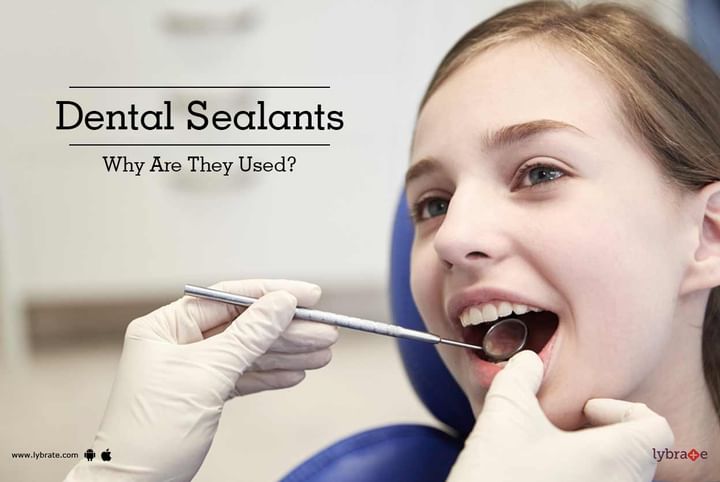Dental Sealants - Why Are They Used?
Brushing and flossing are the best ways to help prevent cavities, but it’s not always easy to clean every nook and corner of your teeth – especially those back teeth you use to chew (premolars & molars). Premolars & Molars are rough, uneven and a favorite place for leftover food and cavity-causing bacteria to hide. There is another safety net to help keep those teeth clean. It’s called a sealant.
Sealant is a thin, protective coating (made from plastic or other dental materials) that adheres to the chewing surface of your back teeth. They’re no substitute for brushing and flossing, but they can keep cavities from forming and may even stop early stages of decay from becoming a full-blown cavity. In fact, sealants have been shown to reduce the risk of decay by nearly 80% in molars. This is especially important when it comes to your child's dental health.
Who can get Sealants?
Children and adults can benefit from sealants, but the earlier you get them, the better. Your first molars appear around age 6, and second molars break through around age 12. Sealing these teeth as soon as they come through can keep them cavity-free from the start.
How are dental sealants applied?
It’s a quick and painless process. Your dentist will clean and dry your tooth before placing an acidic gel on your teeth. This gel roughs up your tooth surface so a strong bond will form between your tooth and the sealant. After a few seconds, your dentist will rinse off the gel and dry your tooth once again before applying the sealant onto the grooves of your tooth. Your dentist will then use a special blue light to harden the sealant.
How do Sealants Work?
When the cavity-causing bacteria that live in everyone’s mouth meet leftover food particles, they produce acids that can create holes in teeth. These holes are cavities. After sealant has been applied it keeps those bits of food out and stops bacteria and acid from settling on your teeth. It is never too late to protect yourself. Ask us today about Sealants, to keep your teeth healthy and decay free. If you wish to discuss about any specific problem, you can consult a dentist.



+1.svg)
